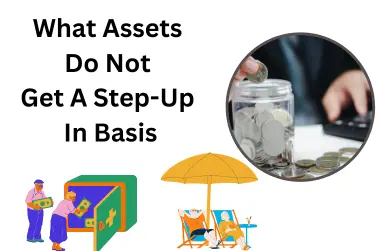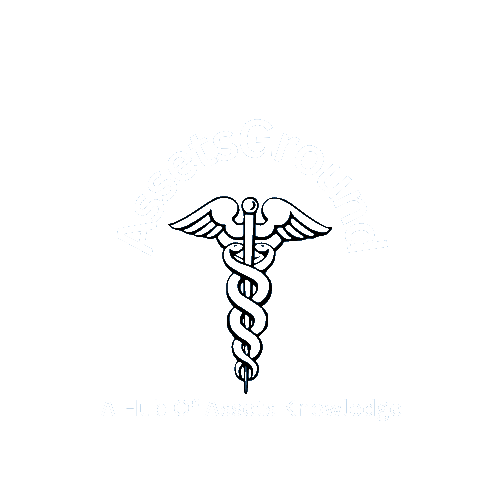What Assets Do Not Get A Step Up In Basis

What Is the Mean Of Step Up In Basis?
A step up in basis is a concept of adjustment of the actual and fair value of the market of an asset at a specific event such as at the acquisition or at the time of death of the decedent.
It is a tax-related concept that stepped up the cost at fair market value at the time of inheritance. The step-up in basis is an important component because it reduces the capital gain tax liability when an asset is sold.
Look at this example:
If a person purchases an asset worth $5,000 in 2001 and died in 2023 when the asset price becomes $50,000. What will be the treatment?
The purchase price was $5,000 and the fair market value is $50,000 the capital gain is $45,000, so no capital gain tax will be paid at the time of transfer.
What Assets Do Not Get A Step Up In Basis
The followings are the major assets that do not get stepped up on a basis:
- Certificates of deposits
- Pension
- Retirement accounts of an individual such as 401(k), 403(b), and 457 retirement plan
- Roth IRAs and IRAs
What Assets Get A Step Up In Basis
The followings are the major assets that get stepped up on a basis:
- Individual Stocks
- Mutual Funds
- Bonds
- ETFs held in a taxable account
- Primary Residency
- Vacation House
- Office Building
- Business Equipment
- Home Furnishings
- Arts
- Collectibles
- Cryptocurrencies, etc.
FAQs
What does not qualify for a step-up basis?
Individual retirement accounts and certificate deposits do not qualify for it.
Do trust assets get a step up in basis?
If the trust is revocable and one leaves assets for its beneficiaries is eligible for step-up on a basis.
Do stocks in an IRA get a step up in basis?
Individual retirement accounts do not get a stepped-up basis.
